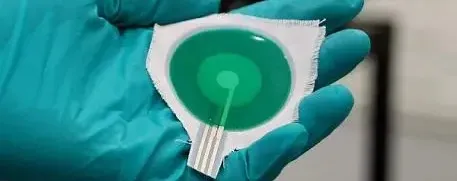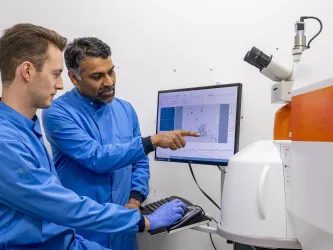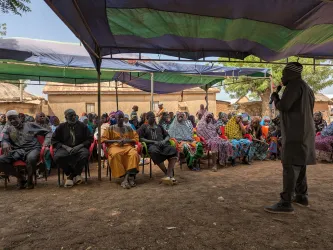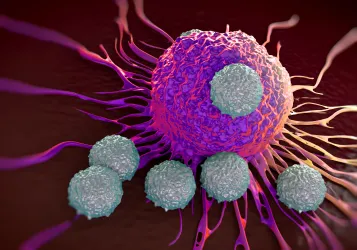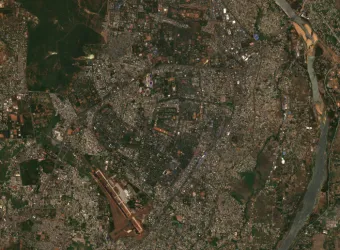Search our research
146 results
-
Highlighting risks from car brake dust emissions
Brake pad emissions can be more toxic than diesel exhaust.
-
Monitoring chronic respiratory diseases
Groundbreaking sticker could monitor breathing and help save lives
-
Dealing with chronic pain
Better guidance for GPs on use of antidepressants
-
Incorporating AI and digital transformation into project management
With the significant growth in artificial intelligence (AI) and digital transformation, research from Southampton has shown these technologies can influence public and private sector project management.
-
Rapid diagnosis of dementia
A new rapid laser-based test that could diagnose different types of dementia in just minutes has been developed by Southampton researchers.
-
Developing community-led climate and health solutions in Ghana
Working with local people to improve their understanding of the climate crisis on their health and wellbeing.
-
Promoting sustainable aquaculture
Researchers at Southampton are working with low-income fishing communities in India to promote sustainable fishing practices and protect biodiversity in the oceans.
-
Finding cancer treatments using AI
Southampton researchers are using AI to study how immune cells function in the body, aiming to improve immunotherapy treatments and patient outcomes.
-
Mapping tomorrow’s population distribution
Research group WorldPop, based at Southampton, is developing maps which can be used to predict the impact of climate change on the distribution of Earth’s population by the end of the century. The maps will provide detailed pictures of humanity by 21...
-
Building greener communities with satellite technology
Scientists at Southampton are using satellite data to assess the carbon production of plants, monitor the Earth’s health, and help create greener, healthier global communities.

